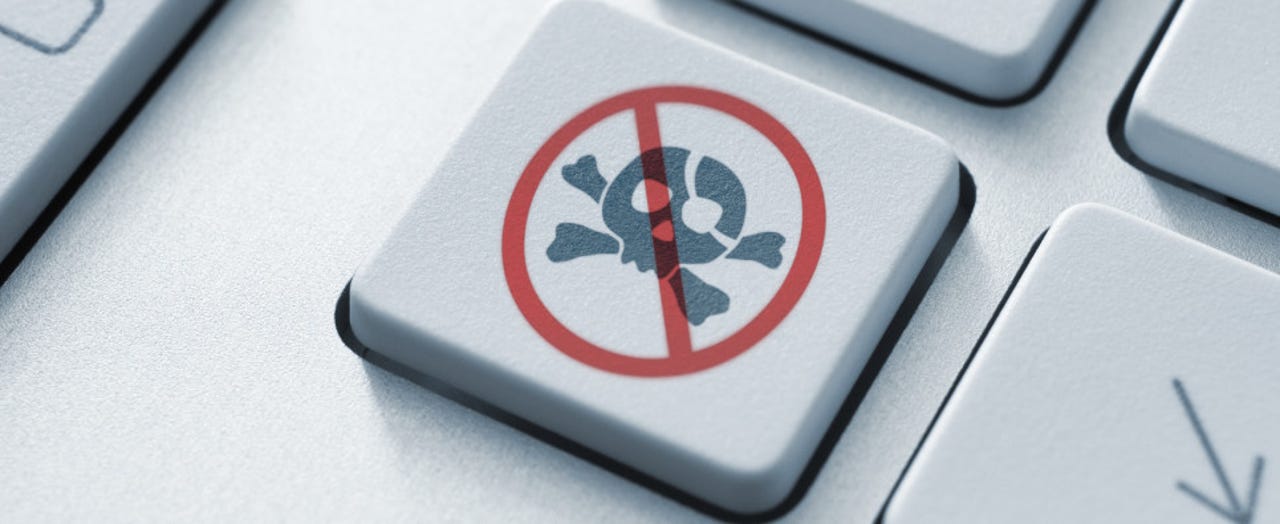White Ops, Trade Desk partner to tackle ad fraud


White Ops and The Trade Desk have announced a new deal which aims to prevent malvertising and fraudulent ads from causing businesses losses in revenue.
Security
On Thursday, the companies said the "landmark" agreement "completely changes how the advertising industry tackles fraud" by going back to the basics with human control at the end of each impression served.
Malvertising and fraudulent ads, which lead to click-fraud and data theft or may be utilized by bots to generate fraudulent revenue for cyberattackers, unfortunately, are a serious issue for marketers, companies, and the general public alike.
Businesses face revenue loss in the face of ad-click fraud, and reputations can take a hit when fake ads slip through ad network nets, such as in the case of the Daily Mail, in which millions of readers were exposed to the Angler exploit kit thanks to a malicious ad.
This type of criminal activity is popular as should an attacker have a malicious ad mistakenly accepted by a legitimate network, they are gifted not only with potentially millions of viewers as potential victims but are also trusted.
Earlier this year, White Ops and ANA released the latest Bot Baseline report, which claimed US companies will face a loss of roughly $6.5 billion this year, which is down 10 percent from approximately $7.2 billion in 2016.
A large segment of such loss is due to fake impressions being accepted and served.
White Ops and The Trade Desk believe that removing complete reliance on automated systems to regulate ads may be the key to the problem. To do so, human operators will be given the final say to keep malvertising and fake ads off the books.
White Ops' Human Verification technology as a concept is simply a way to make sure a human operator is available to scan and check ad impression requests before they are released.
The deal ensures that every impression served through The Trade Desk that runs through White Ops will be checked in real-time to prevent the purchase of fraudulent impressions.
The companies will co-run servers and data centers to scan biddable ad impressions. If non-human impressions, also known as "Sophisticated Invalid Traffic" (SIVT) are detected, the impression will be blocked -- which will hopefully prevent companies from loss of ad revenue.
"White Ops is a cyber security firm that is focused on one thing -- validating whether a human is on the other end of every online interaction," said Sandeep Swadia, CEO of White Ops. "This initiative is the first ever to use White Ops' Human Verification technology across an advertising platform."
"Given The Trade Desk's reach, we believe this partnership will be great for the industry and will make a significant dent in the cybercriminals' economics," Swadia added.
Previous and related coverage
Ad fraud loss slides to $6.5 billion worldwide
Digital ad sales are up and vendors are clamping down on fraud schemes designed to siphon cash from the industry.
Ad fraud is stealing billions from the US media industry
As much as $18 billion a year could be lost to advertising fraud...why isn't the media industry up in arms?